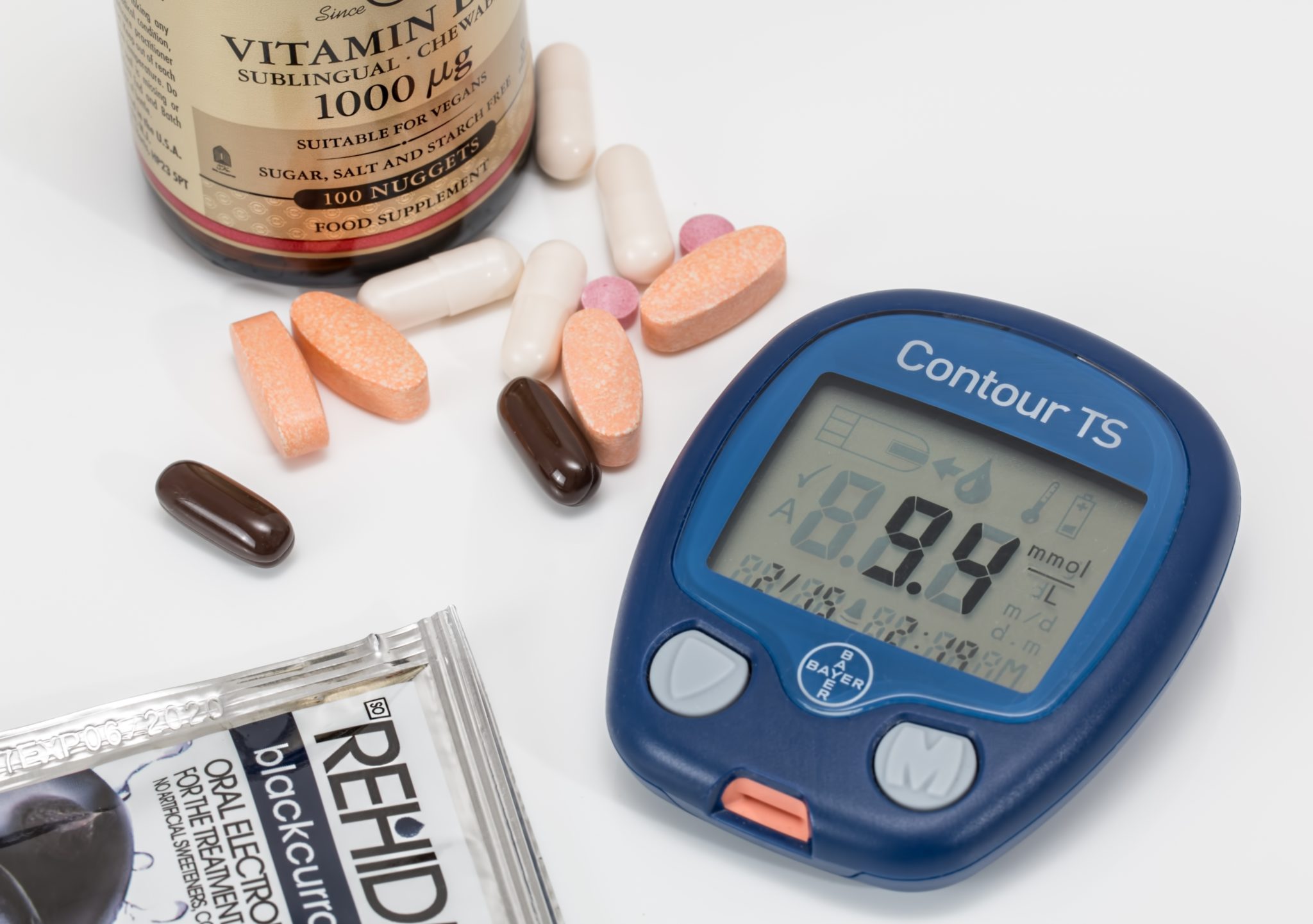We cannot run away from the fact that supplements can help you to reach your fitness goals faster. Most of them have well-known ingredients or cutting edge that have the required scientific backing. The challenge is knowing the workout supplement to choose. I know you could have been hearing about supplement scams in local news on a daily basis. This article will guide you on what to avoid and what you need to look for while choosing workout supplements. You need to choose a brand that uses scientific minds to build great products on the basis of solid science and results. Below are some of the things you need t check out for when making your next sports nutrition and weight loss product purchase.
Make Sure You Know the Brand :
Companies spend a lot of money every year while attempting to build trust. You can compare trust to consumer preference and loyalty. Most supplement companies that have been in existence for a long period should have invested a lot in the quality of their products and good manufacturing products that comply with the industry practices. All supplement companies must meet the standards that are set by drugs and poisons board or FDA. If you are not sure of the company, search for their brand name on reputable review sites or bureaus in the region. You need to identify a company that deals with best selling workout supplements in the global market.
Can You Get to Their Customer Service?
Confirm whether the company has a toll-free contact with real human beings to handle the phone calls. Some companies spent a lot of cash on infrastructural investments that support their products in the marketplace. Some small companies like outsourcing their operations and production of products. therefore, customers may have to way of talking to them. Be wary of any company that you cannot reach with a lot of ease.
Does the Mark have a Trust Mark or Third-Party Analysis Label?
A reputable brand should undertake a lab analysis of their products to confirm whether they meet the claims that are on the label. You can go ahead and request a certificate of analysis from that manufacturer to make sure that the product has the ingredients written on the label. You can also search for trust marks from third-party organizations as another way of verifying the supplements. Some of the marks include USDA organic, USP and NSF and they are given to the supplement company after meeting stringent product audits.
Search for Clinical Studies :
Sports nutrition or weight loss products must have one or multiple ingredients that are in amounts that are clinically validated. This is what makes them make assertions like ‘lose weight,’ ‘build muscle,’ or ‘recover faster.’ The product packaging or company website must reference these clinical studies. The product should have the amounts of grams, milligrams, and micrograms of all the active ingredients that are listed on the product. Ingredients such as essential fatty acids, creatine, and proteins have a broad range of source types and dosages. Therefore, be keen to look at the specific ingredients when doing your search.
Only Buy from Reputable Stores :
Leading retailers carry out their independent analysis and thus you need to buy your sports nutrition or weight loss products from a store you trust. Some stores have trained associates that can answer any questions you have regarding the products. This will help you in making the right decision especially if you are having several products to choose from. Finally, you need to check on the ratings and reviews of the company. Find out the manufacturer’s consumer rating on its website and third-party retailers. Go through the common comments and questions on these sites. Also, read the consumer experiences on other posts so as to gain some form of confidence in the products.
All the above tips will help you to find the best workout supplements that the market has to offer. All you need is an effective product that is safe for your health. The market has several high-quality companies and products but you cannot identify them unless you do your assignment well.
Read More :






















